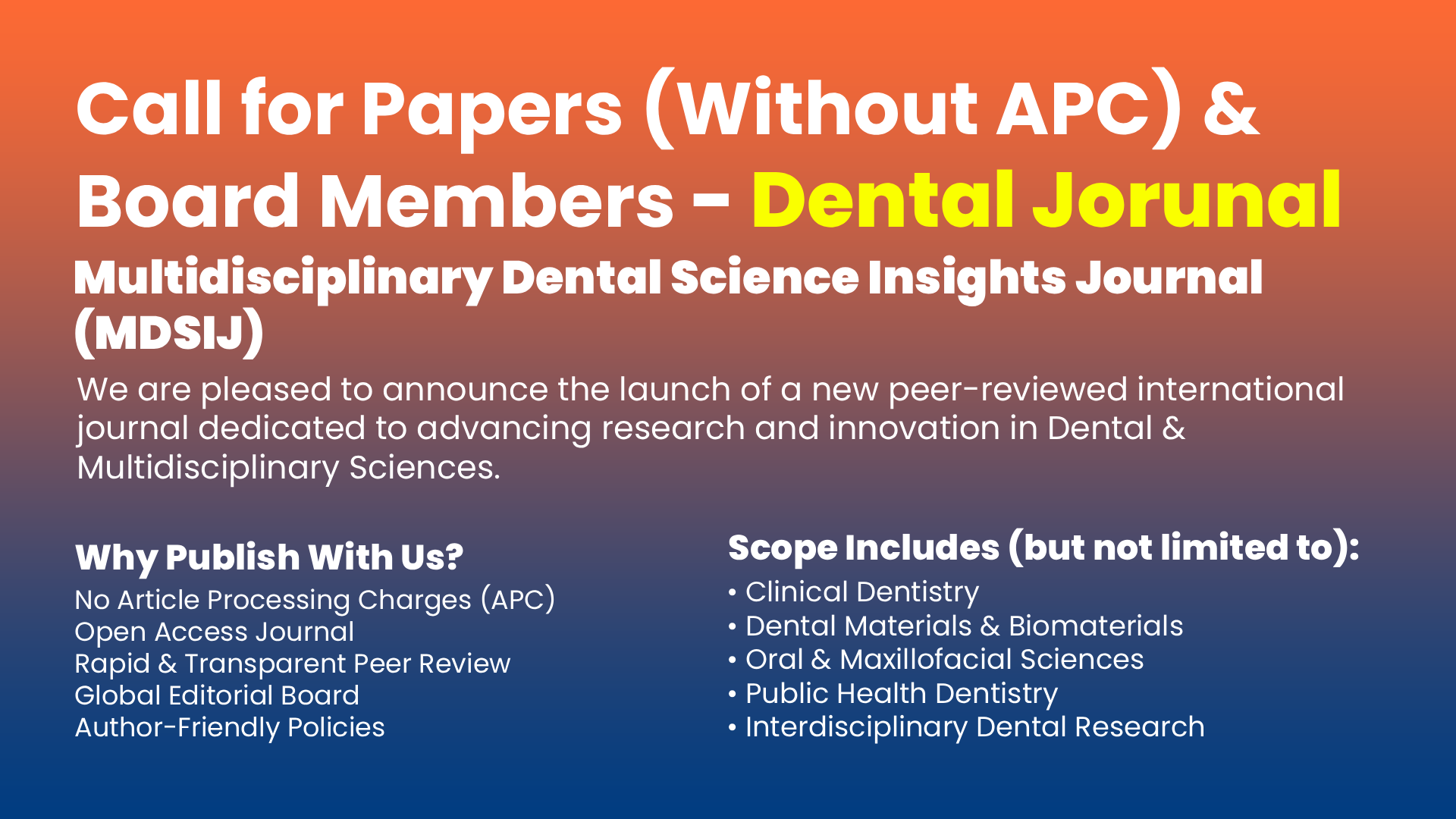Journal of Sea Research
Published by Elsevier (Journal Finder)
ISSN : 1385-1101
Abbreviation : J. Sea Res.
Aims & Scope
The Journal of Sea Research is an international and multidisciplinary periodical on marine research, with an emphasis on the functioning of marine ecosystems in coastal and shelf seas, including intertidal, estuarine and brackish environments.
As several subdisciplines add to this aim, manuscripts are welcome from the fields of marine biology, marine chemistry, marine sedimentology and physical oceanography, provided they add to the understanding of ecosystem processes.
View Aims & ScopeMetrics & Ranking
Impact Factor
| Year | Value |
|---|---|
| 2025 | 2.9 |
Journal Rank
| Year | Value |
|---|---|
| 2024 | 8833 |
Journal Citation Indicator
| Year | Value |
|---|---|
| 2024 | 743 |
SJR (SCImago Journal Rank)
| Year | Value |
|---|---|
| 2024 | 0.651 |
Quartile
| Year | Value |
|---|---|
| 2024 | Q2 |
h-index
| Year | Value |
|---|---|
| 2024 | 92 |
Impact Factor Trend
Abstracting & Indexing
Journal is indexed in leading academic databases, ensuring global visibility and accessibility of our peer-reviewed research.
Subjects & Keywords
Journal’s research areas, covering key disciplines and specialized sub-topics in Agricultural and Biological Sciences and Earth and Planetary Sciences, designed to support cutting-edge academic discovery.
Licensing & Copyright
This journal operates under an Open Access model. Articles are freely accessible to the public immediately upon publication. The content is licensed under a Creative Commons Attribution 4.0 International License (CC BY 4.0), allowing users to share and adapt the work with proper attribution.
Copyright remains with the author(s), and no permission is required for non-commercial use, provided the original source is cited.
Policy Links
This section provides access to essential policy documents, guidelines, and resources related to the journal’s publication and submission processes.
- Aims scope
- Homepage
- Oa statement
- Author instructions
- License terms
- Review url
- Board url
- Copyright url
- Plagiarism url
- Preservation url
- Apc url
- License
Plagiarism Policy
This journal follows a plagiarism policy. All submitted manuscripts are screened using reliable plagiarism detection software to ensure originality and academic integrity. Authors are responsible for proper citation and acknowledgment of all sources, and any form of plagiarism, including self-plagiarism, will not be tolerated.
For more details, please refer to our official: Plagiarism Policy.
APC Details
The journal’s Article Processing Charge (APC) policies support open access publishing in Agricultural and Biological Sciences and Earth and Planetary Sciences, ensuring accessibility and quality in research dissemination.
This journal requires an Article Processing Charge (APC) to support open access publishing, covering peer review, editing, and distribution. The current APC is 2,250.00 USD. Learn more.
Explore journals without APCs for alternative publishing options.
Most Cited Articles
The Most Cited Articles section features the journal's most impactful research, based on citation counts. These articles have been referenced frequently by other researchers, indicating their significant contribution to their respective fields.
-
Growth physiology and fate of diatoms in the ocean: a review
Citation: 624
Authors: Géraldine, Klaas R., Stéphane, Paul
-
Physiological aspects of the production and conversion of DMSP in marine algae and higher plants
Citation: 507
Authors: J
-
Phaeocystis blooms in the global ocean and their controlling mechanisms: a review
Citation: 500
Authors: Véronique, Sylvie, Jacqueline, Véronique, Christiane
-
New and important roles for DMSP in marine microbial communities
Citation: 467
Authors: R.P., L.J., J.A.
-
Mangrove crabs as ecosystem engineers; with emphasis on sediment processes
Citation: 423
Authors: Erik
-
Organic matter exchange and cycling in mangrove ecosystems: Recent insights from stable isotope studies
Citation: 339
Authors: S., R.M., S.Y.
-
Influence of temperature, oxygen and salinity on the metabolism of the European sea bass
Citation: 249
Authors: G., J.-P.
-
Flux and fate of fluvial sediments leaving large islands in the East Indies
Citation: 243
Authors: John D., Katherine L., Christina S.

